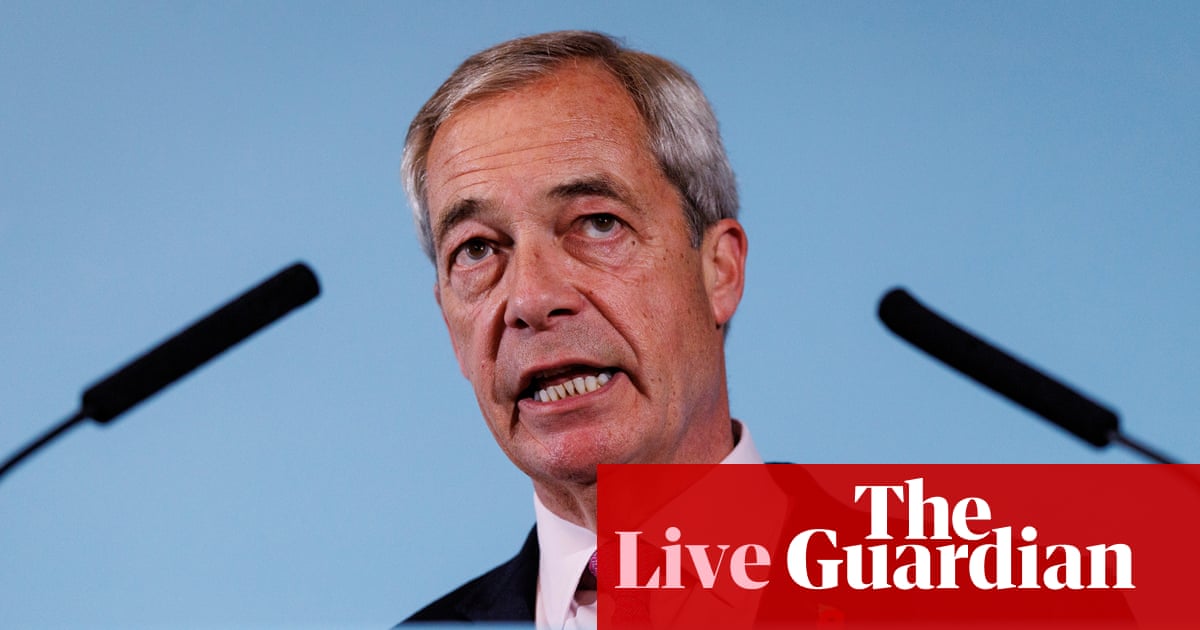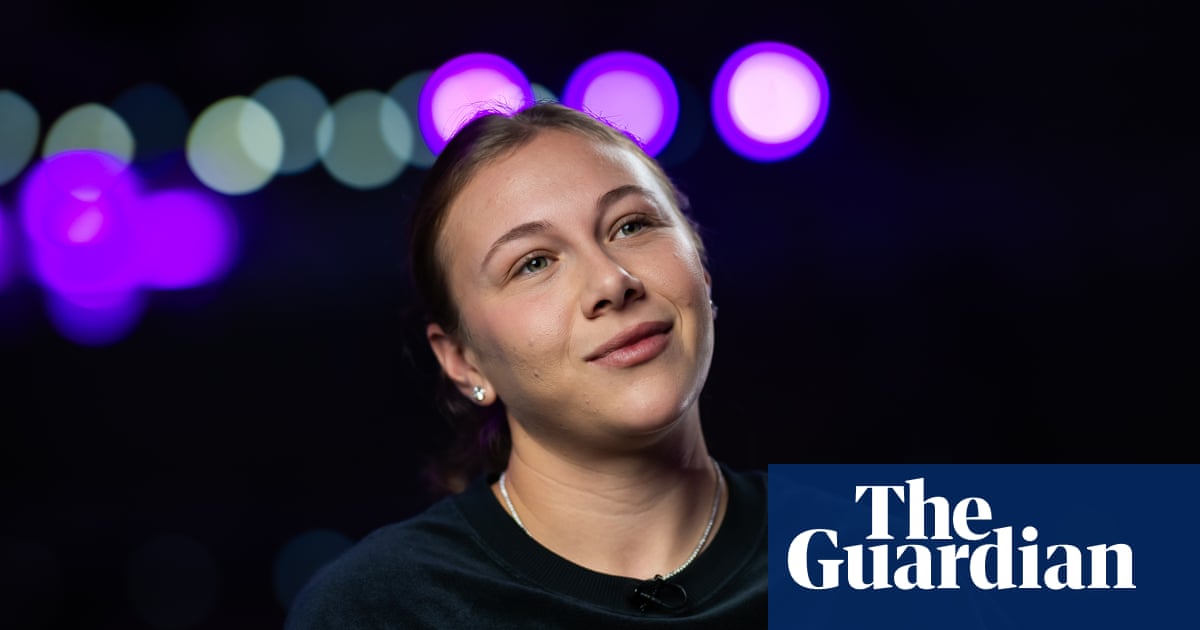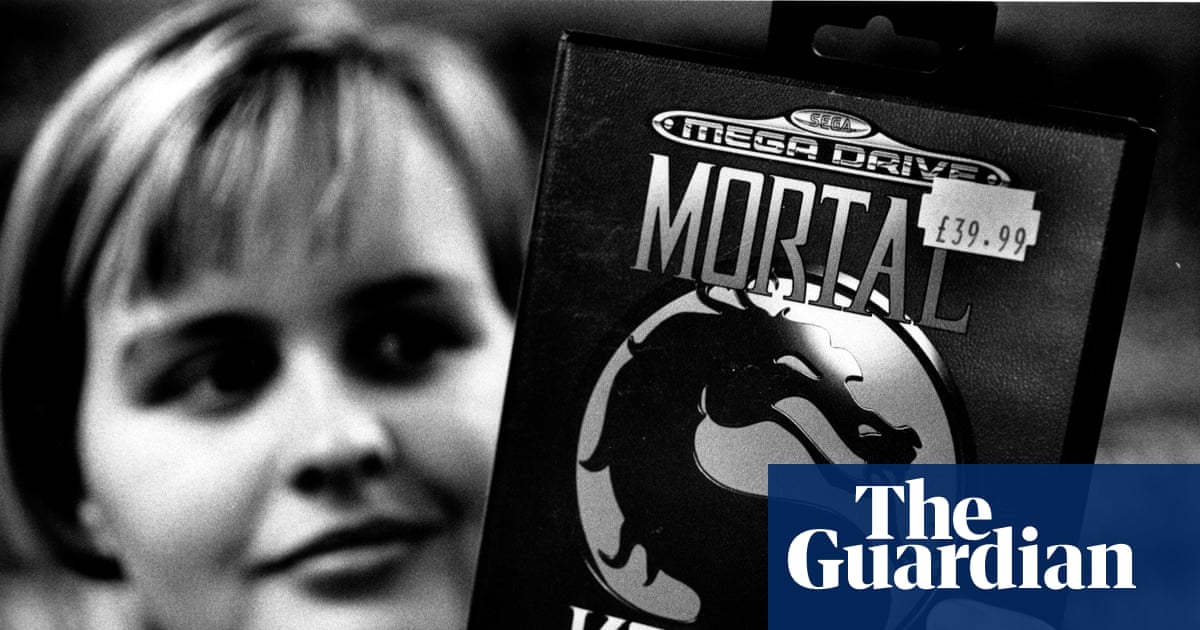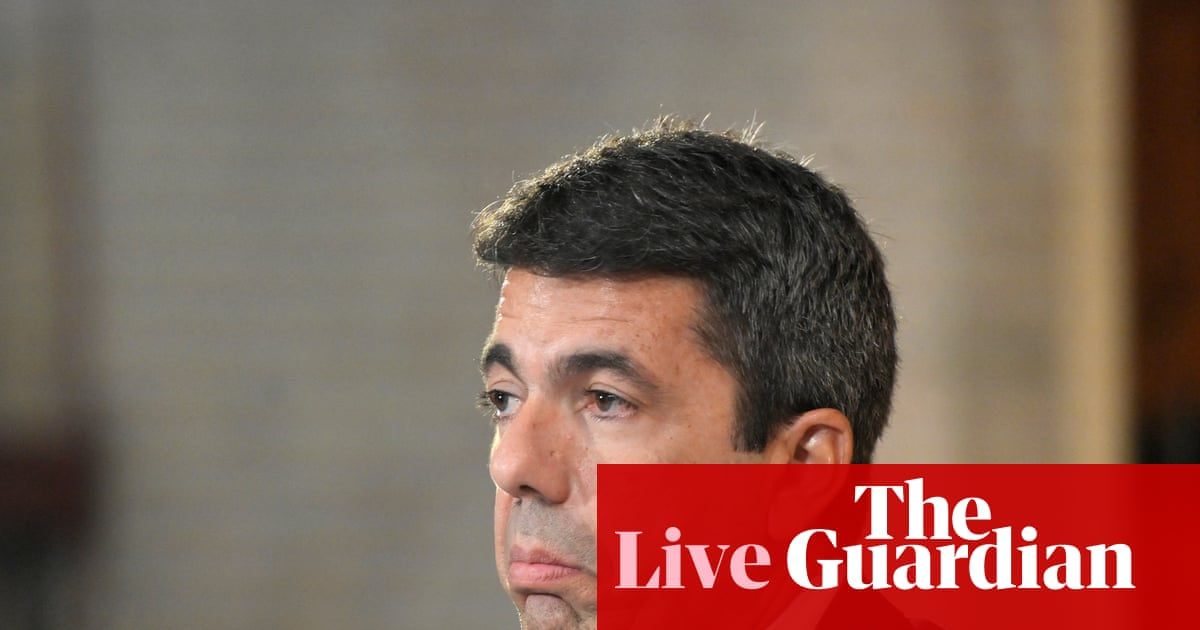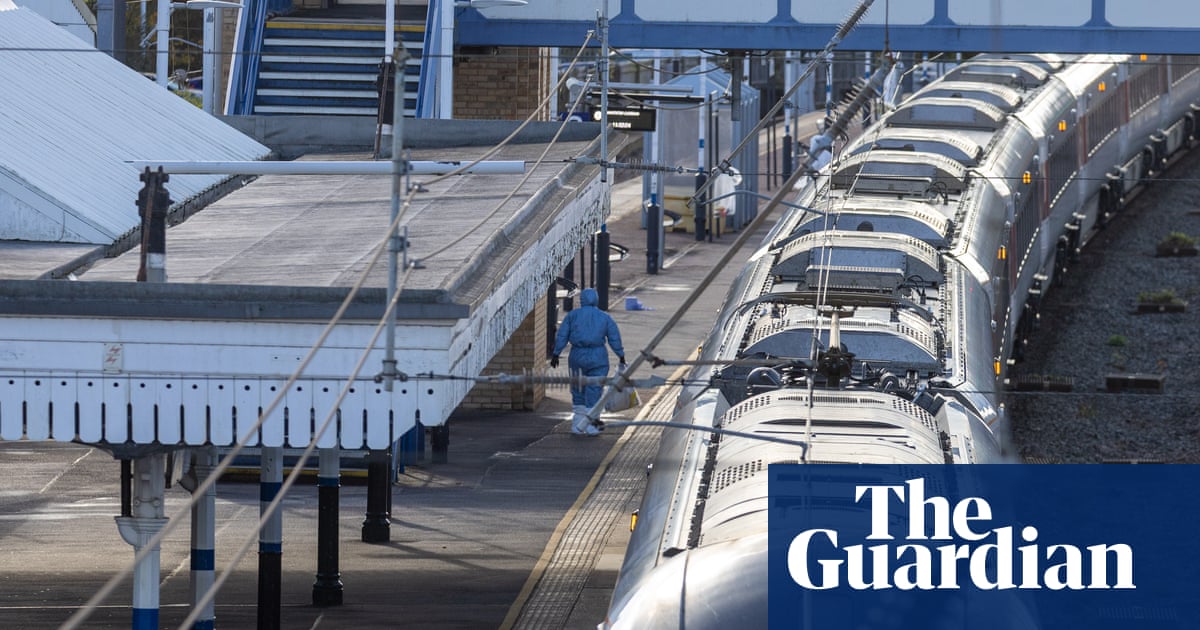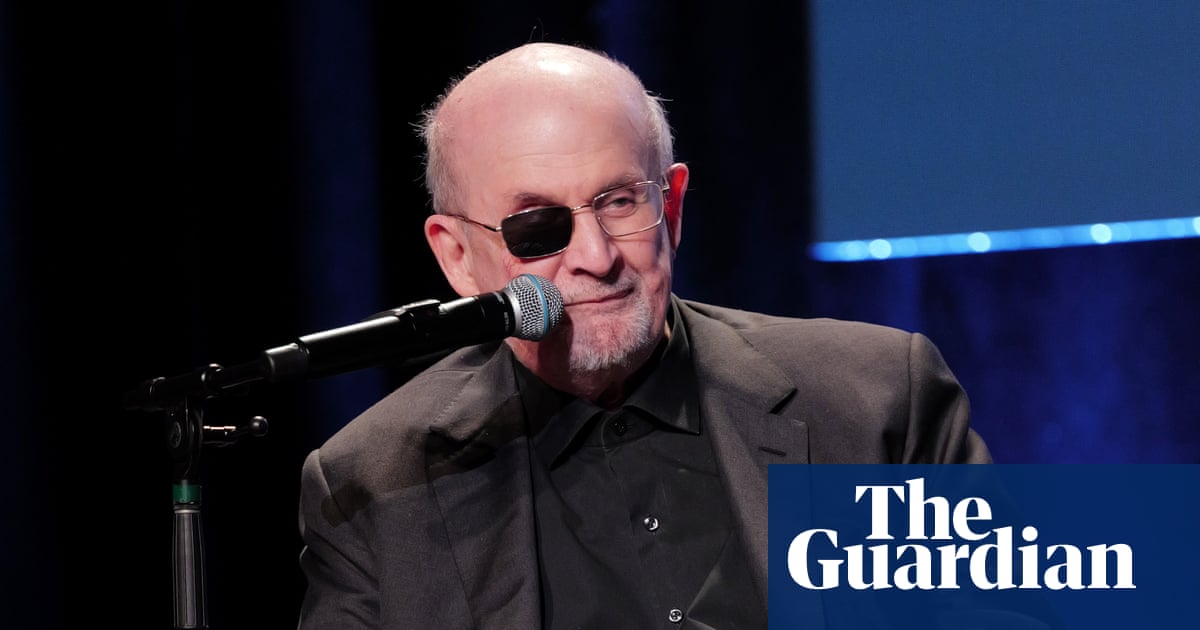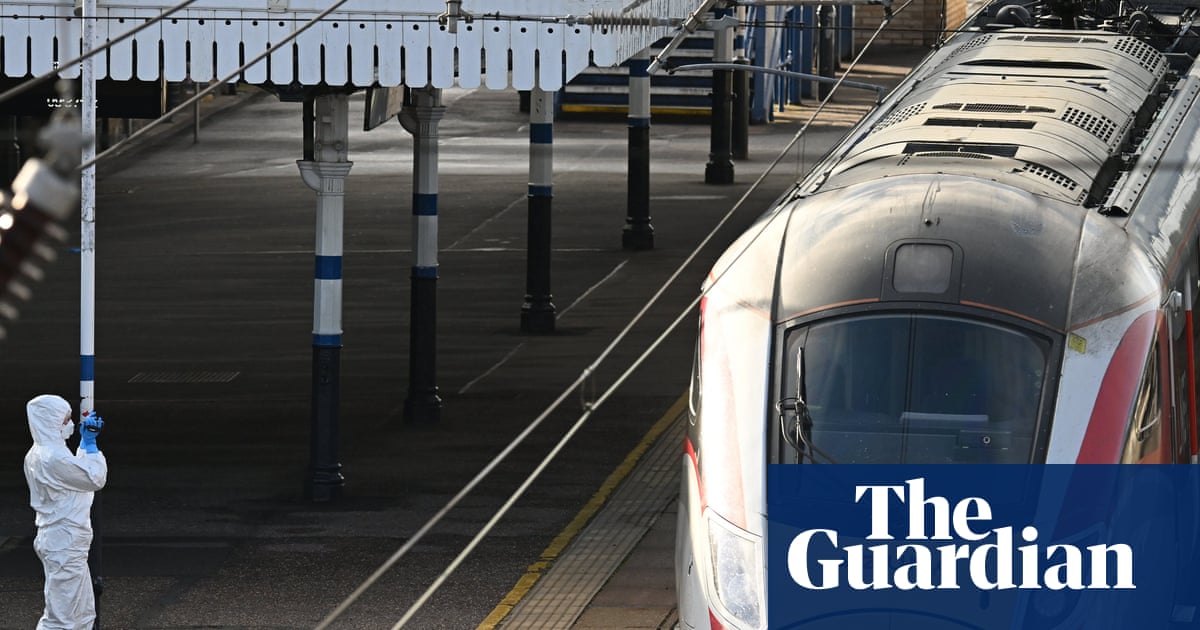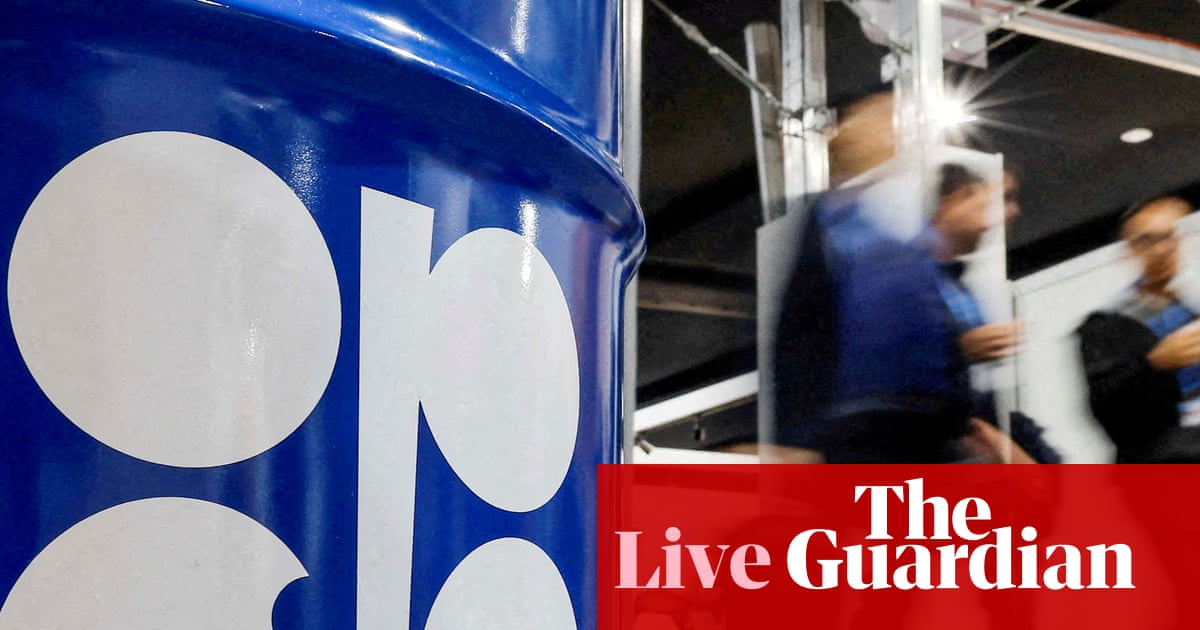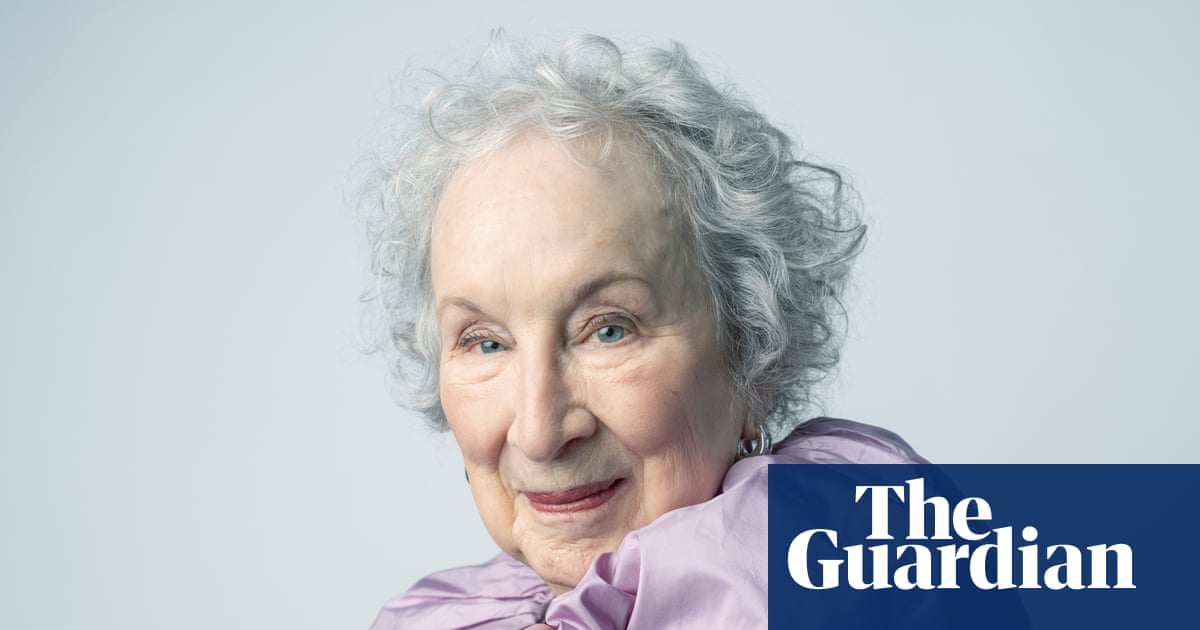Experts have raised alarm over the “commodification” of vulnerable foster children as analysis reveals almost a quarter of all foster places in England are now provided by private equity-backed companies making millions of pounds in profits.
Analysis for the Guardian by thinktank Common Wealth found independent fostering agencies (IFAs) are making millions via public funding from councils to provide placements for foster children, while foster carers struggle to pay bills.
Sacha Hilhorst, a senior research fellow at Common Wealth, said: “It raises concerning issues around commodification and children becoming these units for profit-making. We are seeing millions of pounds of profits being made, which I think many of us feel uncomfortable about.
“There are also issues around instability because as these private equity giants gobble up more and more small providers, they become harder to regulate – and if they go bust, you’d have lots of children in an absolutely terrible situation.”
Placements for foster children are paid for by councils, who either provide the placements themselves or outsource them to IFAs, which now provide about half of all places, up from a third in 2016.
New analysis has shown that the largest four independent fostering agencies are all private equity-backed and now provide almost a quarter (23%) of all fostering places in England, managing 16,365 places.
In 2023, the parent company of the UK’s biggest provider, National Fostering Group (NFA), made Ebitda (earnings before interest, tax, depreciation and amortisation) profit of £104m, with a profit margin of 21%, up from £88m the year before.
In 2024, NFA had capacity for more than 5,700 fostering places across the country, and made an estimated average Ebitda profit of £877 per place based on available data. NFA said it did not recognise this figure and that not all foster places were filled.
Foster Care Associates (FCA), which provides about 5,000 fostering placements, made an estimated average of £1,500 Ebitda profit per place in 2023. Its ultimate parent company made Ebitda of £49.1m that year.
Matt Western, the Labour MP for Warwick and Leamington, said the profits being made by private fostering agencies were “obscene”.
“I struggle to understand what added value they’re really bringing to this sector,” he said. “From the outside, it appears minimal, and yet they’re making extraordinary amounts of money.”
Western said he hoped the Department for Education (DfE) would examine the structure and working practices of IFAs, particularly the nature of their relationships with carers. “This seems to be part of a broader trend over the last 15 years where big money has moved in and exploited entire sectors,” he added.
Costs for fostering placements are significantly higher through IFAs – a Competition and Markets Authority report found operating costs per child were £8,400 higher with IFAs than with councils in 2020.
Katharine Sacks-Jones, chief executive of Become, a charity for children in care and care leavers, said the foster care system was in crisis and there was growing concern about the growth of private equity-backed companies in the sector.
“When you have fewer, bigger providers, that affects the dynamic with local authorities who need those places for children,” she said. “Some of those bigger providers are making really significant profits – the largest ones, an average of around 19-20% is not uncommon.
“At the same time, you’ve got local authorities completely struggling – we hear all the time about council finances, and children’s social care is a major component of that. The spiralling costs of it. There’s a lot to be concerned about.”
Robin Findlay, founder of the foster carers’ trade union, said little of what is paid to IFAs actually reaches foster carers. “Say a foster carer is meant to get £150 for themselves and £150 for the child so £300 total,” he said. “The agency might be charging the local authority £1,000 a week for that same placement.
“The rest, £700, goes to cover their social workers, fuel, light bills, office costs, directors. So the more they can cut costs, the more profit they make.”
Findlay said the underlying problem is structural. “You’ve got to ask: why do these agencies exist? They exist because local authorities have failed. They can’t run fostering properly, so they outsource it,” he said.
“But instead of paying an agency thousands of pounds, why don’t they put money into recruiting directly? Or just pay existing foster carers better, so they’ll say to others, ‘I’m doing fostering at the moment – it’s really good, and look how well I’m supported.’”
Esme*, who wished to remain anonymous for fear of reprisal, has been fostering for many years. She said she and her partner calculated their earnings at just 80p an hour. “Most foster carers are relying upon universal credit to get by. The fostering system is broken. It involves the extreme exploitation of foster carers’ labour and rampant profiteering – they’re squeezing every penny from British taxpayers’ money.
“Local authorities are over a barrel. The private agencies demand what they like for placements, and the councils end up paying it. Look no further than fostering for why so many are on the brink of bankruptcy.
“These enormous profits are being made from the disadvantaged situations of children who’ve lost the parenting they need from any other source. That should be a sobering thought for everyone.”
Tim Barclay, chief executive of NFA, said: “Through our network of 31 independent fostering agencies, we provide safe, stable and nurturing homes to around 3,700 children and young adults.
“We are incredibly proud that 100% of agencies are rated Good or Outstanding by the regulators. In close partnership with local authorities across the UK, we’re responding to growing demand and increasingly complex needs.”
He added that the company reinvests funds to increase long-term placements, improve access to specialist services, and deliver training to foster carers, who are paid a tax-free allowance of up to £24,500 per child, per year.
“In 2024 alone, we delivered over 200,000 hours of training to employees and foster carers – 45% of which was non-mandatory – creating over £30m in social value,” said Barclay. “Our administrative costs reflect the infrastructure required to deliver safe, high-quality care, including staffing, ICT, legal, HR and the assessment of new carers – all of which contribute directly to better outcomes for children.
“Our accounts are independently audited and publicly available. We remain committed to transparency and to working collaboratively to improve life outcomes for vulnerable children and young people.”
A DfE spokesperson said: “This government inherited a children’s social care system failing to meet the needs of the country’s most vulnerable children – with some private companies shamelessly profiteering off them.
“Through our landmark Children’s Wellbeing and Schools Bill, we are cracking down on care providers making excessive profit, investing an additional £25m to recruit new foster carers, and ensuring earlier intervention to keep families together.”
FC A declined to comment.
*names have been changed

 3 months ago
108
3 months ago
108
